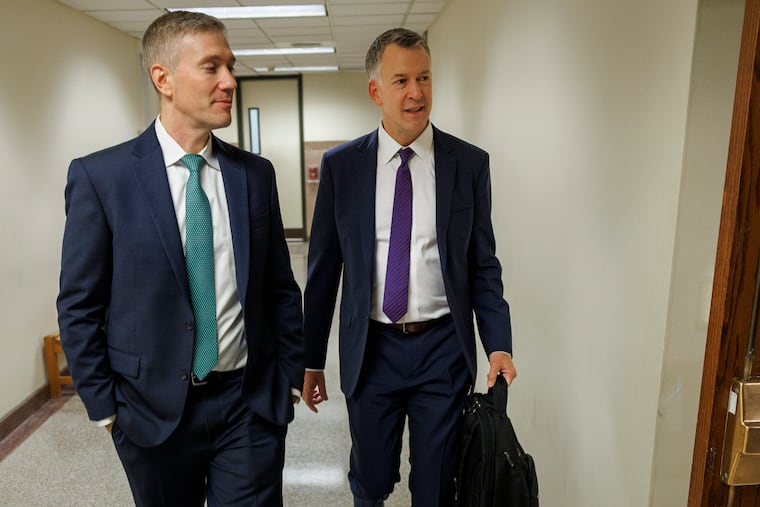El Salvador grants approval for unlimited presidential re-election opportunities.

El Salvador’s Legislative Assembly has approved a significant electoral reform that could have lasting implications for the country’s political landscape, particularly paving the way for President Nayib Bukele to seek additional terms in office. On Thursday, 57 members of Congress voted in favor of a constitutional amendment that allows for indefinite re-election of the president, extends presidential terms from five to six years, and eliminates election run-offs.
This reform comes in the wake of Bukele’s controversial re-election last year, despite a constitutional prohibition against consecutive terms. The nation’s top court, which has appointed judges aligned with Bukele, ruled in 2021 that the president has the right to run for another term, a decision that has stirred considerable debate regarding the independence of the judiciary.
Bukele, who has garnered substantial public support thanks to his aggressive stance against gang violence, previously indicated that he did not see a need for constitutional reform. However, following the legislative approval, he is now positioned to run once more as he aims to synchronize presidential, legislative, and municipal elections set for 2027, as the current electoral cycle is disproportionally staggered.
Ernesto Castro, the president of the Legislative Assembly from the ruling New Ideas party, expressed gratitude to his fellow deputies after the vote, signaling a momentous shift in the legislative framework of El Salvador.
Conversely, opposition parties have voiced vehement criticism of the amendments. Marcela Villatoro of the Republican National Alliance described the measures as indicative of a collapsing democracy. Claudia Ortiz from the Vamos party reiterated concerns about potential overreach of power, condemning the reform as emblematic of democratic backsliding.
International human rights organizations have echoed these sentiments, warning that such actions threaten the democratic fabric of El Salvador. Critics assert that the swift passage of the reform, coinciding with a national holiday week, demonstrates a lack of transparency and public consultation, essential components of a healthy democratic process.
In recent months, numerous rights groups have expressed growing alarm over Bukele’s consolidation of power, suggesting he is following trends seen in other countries where leaders have sought to extend their tenure through constitutional modifications. Such dynamics call into question the resilience of democratic institutions in El Salvador, raising crucial discussions about governance, accountability, and civic engagement.
Overall, this constitutional overhaul marks a critical juncture for El Salvador, where the balance of power and the integrity of democratic institutions are now set against the backdrop of President Bukele’s popular mandate and assertive leadership style.
#PoliticsNews #WorldNews






